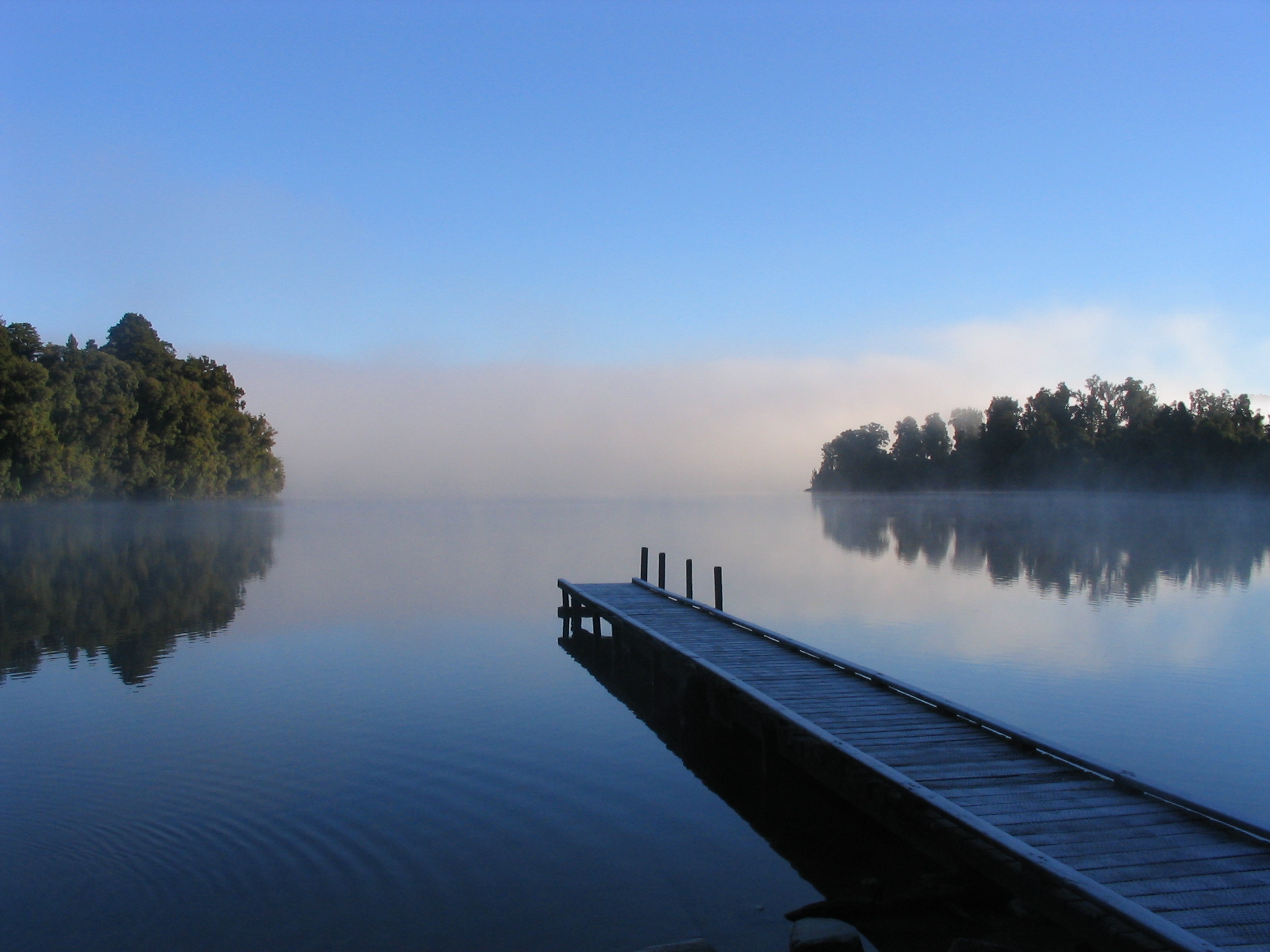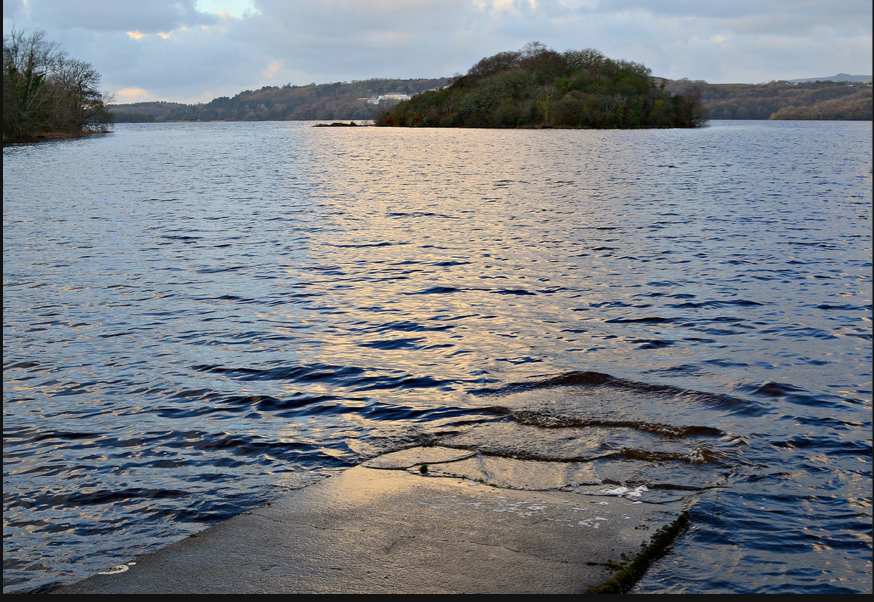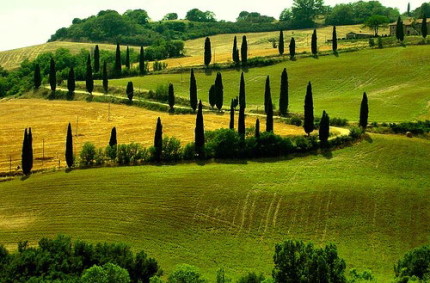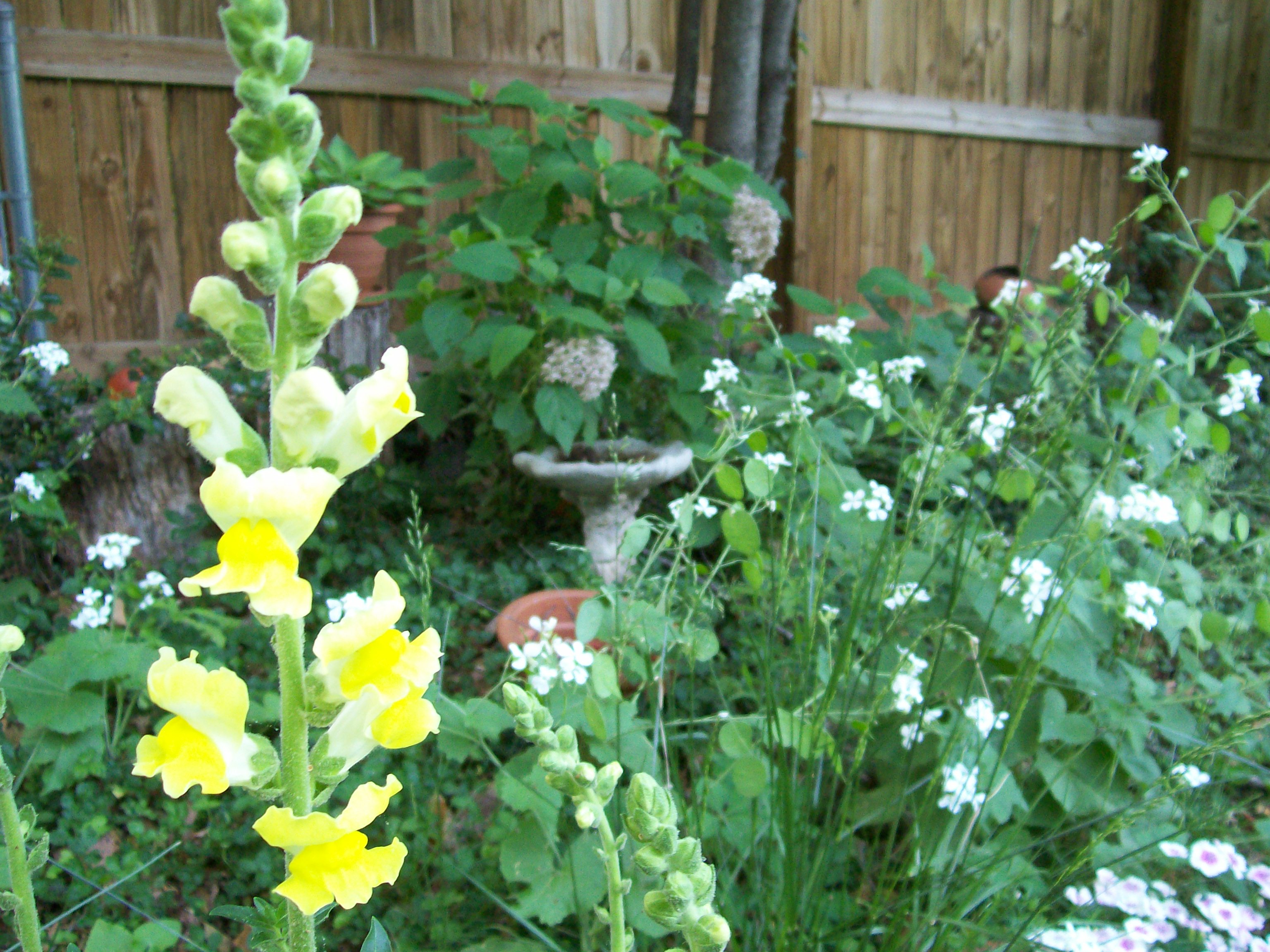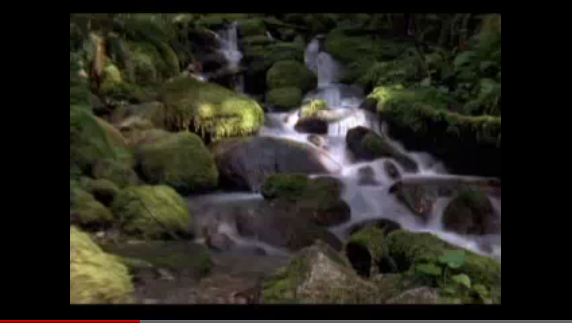Months 1&2: Creating a Healing Place
The idea here is to begin the process of writing and healing—to ground the process of writing and healing—in a healing place. But you don’t need to live at the edge of a lake or at the foot of a mountain in order to do this. That’s the beauty of writing: you can begin by creating your own healing place—with words. And you can draw on the healing places of others to do so.
Photo is by Camerman from Geograph. It’s of a cottage near Snowshill in Gloucestershire, Great Britain
What I Want by Alicia Ostriker
This is a poem about slowing down and it seems like it might be just right for January, for the quiet space that can open up after the flurry of December. And about what can happen in that quiet. It follows nicely on Pablo Neruda’s poem, “Keeping Quiet,” and seems to spring from that same place. It begins: Yes, that’s what I want right now, Just that sensation Of my mind’s gradual Deceleration, as if I Took my foot off the gas And the Buick rolled to a stop....
Keeping Quiet by Pablo Neruda
I am sharing this poem, “Keeping Quiet,” with my sophomores this week as a writing catalyst. I like the way it has the potential to open up a pool of quiet in the middle of things. It begins: Now we will count to twelve and we will all keep still. Not instructions for counting to ten—that common advice for dealing with rising anger before reacting. No, this is longer—just a bit longer—stretching the silence out two beats longer. Now we will count to twelve. The opening reminds of something...
What to do with the salt of suffering?
Sometimes when I’m at a loss for words it helps to come across other’s words, and just this morning I came across a treasure trove of poems at, of all places, a website of the Frye Museum, an art museum in Seattle, where they hold a weekly mindfulness meditation session on Wednesdays, and have published some poems and pieces they’ve used at these sessions. Here is one piece that seems particularly illuminating this morning. It’s not a poem, but it’s like a poem—a healing story as short as any...
I must go, I will go: Poetry as Respite and Transformation
In the introduction to his poetry anthology, Through Corridors of Light, which I wrote about a few weeks back, John Andrew Denny writes about how poetry came to offer a respite from the cabin fever imposed by illness. He’d been suffering with ME and Chronic Fatigue Syndrome (what is sometimes called CFIDS) when a poem, arriving on a postcard from a friend, catalyzed a shift in his experience. The poem was John Masefield’s Sea Fever. His wife had the genius to blow the poem up to poster size and...
Tuscany
Some years ago now, while staying alone in a cabin at Wildacres, a retreat center in the Blue Ridge Mountains, I had a dream about a former patient who I will here call Nora. In the dream I’d gone to visit her. There were several of us visiting, sitting on chairs and couches. She was presenting a slide show. I understood this was a slide show of places she’d been. When I woke, I had the sense, as one does sometimes after dreams, that I was meant to be...
The Peace of Wild Things by Wendell Berry
This is a poem for the middle of the night. Here are the first six lines: When despair for the world grows in me and I wake in the night at the least sound in fear of what my life and my children’s lives may be, I go and lie down where the wood drake rests in his beauty on the water, and the great heron feeds. I come into the peace of wild things His words make me want to respond in kind. To echo and borrow his...
Last Night As I Lay Sleeping
Twice recently I have come across this haunting and joyous poem by the Spanish poet, Antonio Machado. In the translation by Robert Bly it begins: Last night as I was sleeping, I dreamt – a marvelous error! – that a spring was breaking out in my heart. I said: Along which secret aqueduct, Oh water, are you coming to me . . . Looking around a little, I’ve seen some differences in the translation–especially in the second line. The original Spanish word translated as error is ilusion and can...



